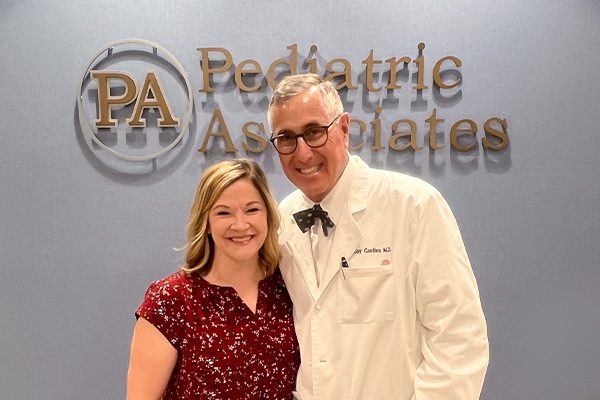A recent episode of the NPR series Hidden Brain, “Slaying the Fee for Service Monster,” explores the idea that the quality of our healthcare depends in large part on the financial model that pays for it. In the episode, Dr. Vivian Lee shares the history of the fee-for-service economic model, which by design incentivizes quantity of care over quality of care: “We’re paying for action, but not really paying for results.” We’re also paying the consequences: Lee says over 100,000 medical mistakes happen every year, and it’s estimated that medical mistakes could be the third leading cause of death in the United States.
Not only is this model ineffective, it’s expensive, leading healthcare expenses to comprise a staggering 18% of the US economy. And while it may feel like insurance companies or the government are footing the bill for the steadily rising cost of care, the burden is actually falling on the average American, whether through their tax dollars or through stagnating wages and decreased retirement contributions from their employers.
So what’s the path forward? Dr. Lee’s proposed solution focuses on fixed fee pricing, accountability, and broad scope care— and we agree. Here’s how this new financial and practice model is changing healthcare for good.
Fixed-fee pricing.
Dr. Lee suggests fixed-fee pricing saves money in the long run because it leads to a focus on preventive care. Once providers no longer profit from each service, they risk over-spending and consequently prioritize preventive care to avoid costs associated with chronic conditions.
And while fixed-fee pricing is a fundamental element of reshaping healthcare, we also believe that providing healthcare in partnership with employers improves quality of care even more. The goals of employers—particularly self-funded employers—are perfectly aligned with the goals of patients: healthy, happy, productive people and predictable, and lower, healthcare costs. Proactive MD’s employer-sponsored primary care model charges this fixed fee directly to employers, which eliminates the financial burdens and barriers faced by employees and has also been proven to lower overall healthcare costs for employers. This financial model places the focus right where it needs to be: on patients.
Accountability.
In a fee-for-service system, patients often overutilize the healthcare system simply because their insurance allows or because it makes them feel better. Dr. Lee points out that providers are incentivized to provide this care even when inappropriate, leading to rising costs without results. The fixed-fee financial system encourages stewardship of healthcare resources.
In the employer space, meaningful performance guarantees are also necessary to keep the focus on the patient. To reduce financial risk for employers, we place up to 20% of our total service fees at risk. These guarantees are tied to the four metrics that have the greatest impact on the performance of a Health Center: ROI, engagement, health outcomes, and overall service levels. These high-stakes guarantees allow our clients to hold us accountable for providing quality care to their employees.
Personal, broad-scope care.
In the podcast, Dr. Lee shares a statistic that 45-50% of physicians report burnout, an unfortunate number she suggests is caused by physicians not feeling like they are “really able to practice healthcare and medicine the way [they] expected.” While practitioners know what is best for their patients, the system in which they work often does not maximize their capabilities or encourage them to perform at the top of their scope. In a highly functioning model, primary care practices would offer broad-scope care that compassionately addresses typical healthcare concerns in addition to wellness, behavioral health, and the social determinants of health.
We believe that ultimately, this is where quality healthcare starts: relationships. Our model is built on the foundation of strong physician-patient relationships made possible through longer appointment times and small patient panels in clearly defined communities. We further enhance the personalization and scope of care through onsite Patient Advocates who are licensed social workers committed to getting patients what they need, when they need it— in and outside of the Health Center. Through this model, we can address the physical, mental, social, and emotional aspects of health and impact the bottom line, because we are truly changing lives.
At Proactive MD, we are only and always about the patient, and we promise to always fight for their greatest good. To experience a care model that works, contact us here.




